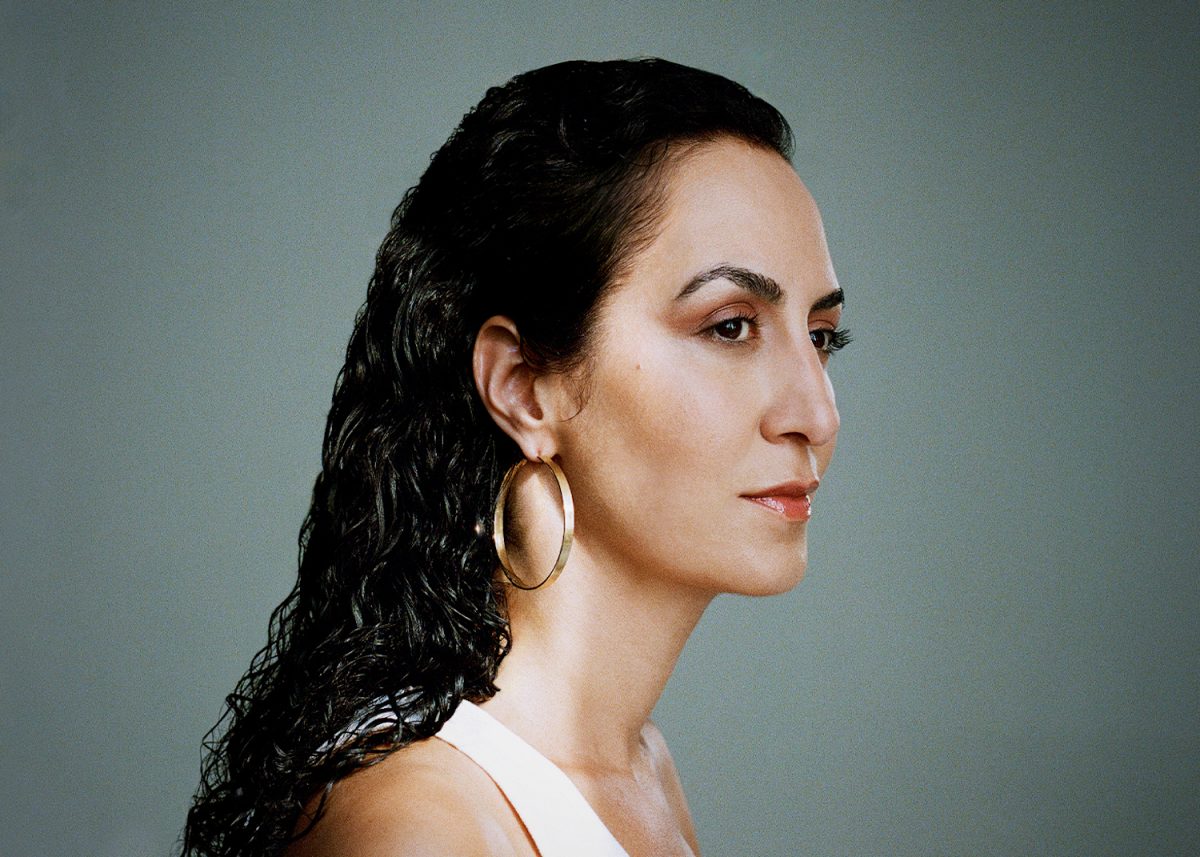Every song in Berlin-based jazz musician Defne Şahin’s third album, “HOPE,” is a sprawling canvas — one which takes detours and throws curveballs at that. Şahin often uses new instruments and unexpected muses in her work, and her choice to make tender, stylish song adaptations of Emily Dickinson’s poems in “HOPE” is no exception. After releasing “Unravel” in 2016, Şahin released “HOPE” on Oct. 27, and the album’s poetry-inspired songs mark an unorthodox partnership between her work and Dickinson’s.
“It’s not a fair collaboration if you want to think of it like that,” Şahin said in an interview with WSN. “I’m still the director.”
Şahin intentionally picks elegant and simple pieces from Dickinson’s poetry to rearrange, making them ideal pieces of source material for her vocal jazz compositions. On “Heart! We will forget him,” Şahin opens the song alone, letting her tentative-sounding voice stand center stage until instruments creep in behind her. Even though the original poem is a short two stanzas, Şahin repeats the line “I will forget the light,” emphasizing its weight. She deconstructs this poem, trying and succeeding to find new angles into a legendary portrait of sadness.
Written on piano during the pandemic, “HOPE” sees much of its focus put on Dickinson’s themes of alienation, optimism and heartache. The album opens with “My letter to the World” — an adaptation of the poem by the same name — which speaks to themes of separation and loss with lines like “Her Message is committed/To Hands I cannot see.” Şahin takes these themes and applies them naturally to ambient guitars and an ambling piano part, emphasizing the narrator’s isolation. There’s a noticeable pause in the orchestration of “My letter to the World” — an emptiness which serves to underline Dickinson’s words.
“So much comes from Emily Dickinson’s part,” said Şahin. “I really wanted to take her perspective as much as I can.”
Many of the best parts of the album are centered around Şahin’s singular, tranquil voice, allowing the melodic craftsmanship to shine with a human simplicity. She sings with surprise in her voice on the wandering ballad “Tie the Strings to my Life” and curiosity on “My letter to the World.” Paired with just a guitar, Şahin’s voice starts off the song “Have you got a Brook in your little heart” by personifying a winding river, catching us off guard with the skips and steps in her melody.
“What I tried to do is let the lyrics lead and find a melody that corresponds to the message of my poem. For example, in ‘Have you got a Brook in your little heart,’ I wanted to [embody] that running brook with a continuous line,” Şahin said. “I only took poems that really resonate with me. I usually had melodies in my mind already, or some images, like a scene from a movie.”
Those guitars are some of the most pronounced parts of “HOPE.” They appear like a supportive beam in these songs, creating texture whenever needed. With the distorted tone of the guitars and the unexpected, whirling synthesizers, “There’s a certain Slant of light” almost takes the form of a rock song. On “Let go,” the acoustic guitars are an anchor, adding color to the mellow pianos and chopping drum parts. But it’s the electric guitar breaks that add a delightful tension later in the song –– a tension that breaks and restarts when Şahin belts out “Will you ever love me?” in a show-stopping moment.
“The poems of Dickinson have been in my life and in my mind for a long, long time since I started studying jazz,” said Şahin.
By taking the larger-than-life reputation of these words and bringing them down to size on “HOPE,” Şahin finds another new set of revelations within already well-trodden material.
Contact Ethan Beck at [email protected].























































































































































